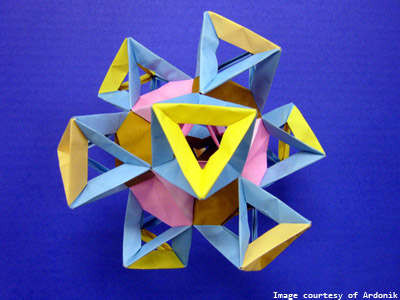Complex objects are here to stay
Posted on 6 August 2012
Complex objects are here to stay
 By Janet Delve, Co-Principal Investigator POCOS.
By Janet Delve, Co-Principal Investigator POCOS.
The Preservation of Complex Objects Symposia (POCOS) were set up to investigate complex digital objects – particularly visual ones. The first symposium focussed on preserving simulations and visualisations, such as 3D objects, set against an archaeological backdrop. It was a cross-community event with attendees from both the digital preservationist and the archaeological communities
The project outcomes from each symposium will be described in an ebook. The ebook from the first symposium on visualisations and simulations (which is proving popular) focuses on the processes used to create complex objects in the archaeological arena (many of which are hybrid: digital with a physical counterpart), describes computer science tools for rendering objects produced by such processes, and provides a comprehensive account of the London Charter (a paradata standard for work in this area). The ebook also describes the discussions that took place during break-out sessions, which outlined the digital-preservationist research needed in the domain. Two excellent articles on software preservation (one from the Software Sustainability Institute) are also described.
Ebooks from the other two symposia – one on preserving digital art (HATII, Glasgow) and one on preserving computer games and virtual worlds (Portsmouth) – are coming soon (the first, very soon).
Very complex objects are here to stay, and they are only going to get more convoluted, so exploring these ebooks is a good way of getting on top of the domain. They’re not quite the typical holiday reading, but work very well when visiting ruins!
The POCOS symposia funded by JISC, and the latest symposium was hosted by Kings Visualisation Lab at Kings College London. For more details, visit the POCOS website, and if you would like to comment on any of this work, please contact POCOS.
